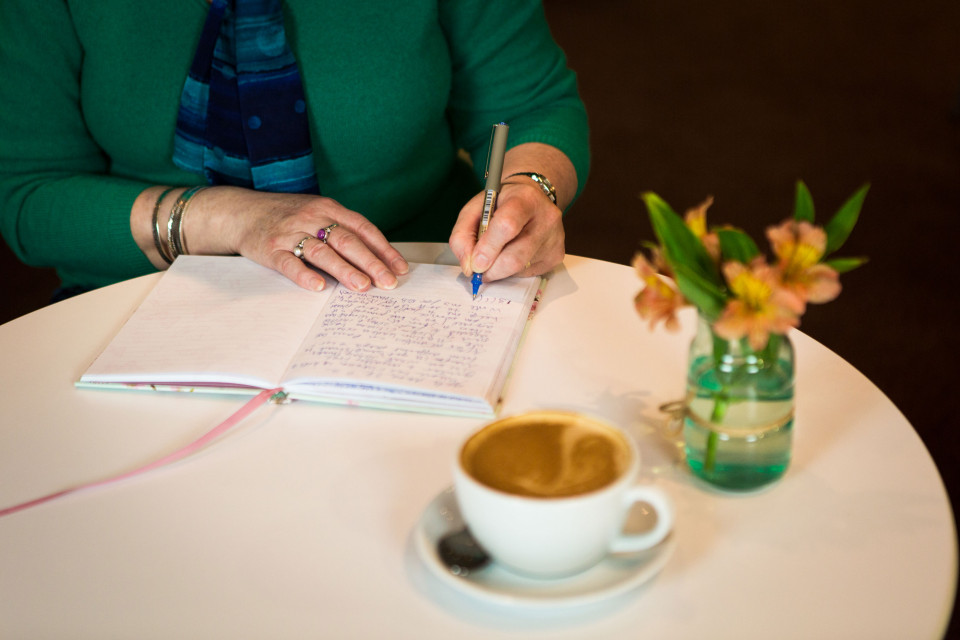We can find ourselves in tears, in floods of tears, bursting into tears and close to tears, as a result of variety of situations. The ability to shed a tear (or two, or more!) aids our expression of feelings and emotions that may not easily be put into words. They are a language of their own and we can be grateful for them, even if we are challenged by the situation that prompted them to flow.
Two Bible passages that illustrate these points are the story of Hannah, in 1 Samuel Chapter 1:1-20, and the story of the woman with the alabaster jar of perfume in Luke Chapter 7:36-50. Read these accounts and then choose one of them.
Read the one you have chosen again slowly and then take a moment or two to become still. You may like to take a deep breath in and to let it out slowly a few times, as you let go of the things on your mind and you move into a place of peace and stillness.
In your imagination enter into the story you have chosen either as Hannah/the woman or as an Observer.
- Notice as many details as you can about the setting.
- Watch the scene unfold.
- See Hannah/the woman, observe her actions, and enter into her feelings.
- Notice the other people in the story and their reaction to the event.
- Listen to the words of Eli/Jesus, watch Hannah/the woman respond.
- As an Observer, do Eli/Jesus have any words of wisdom for you and your situation?
As the scene comes to a close, rest in the stillness and then express your gratitude to God for what you have received through this time of meditation.
You may like to record your insights and thoughts from this meditation in your journal, if you have one.
Finally we can be encouraged too, by the words of Psalm 56:8 (NLT), which tells us that God has ‘collected all my tears in your bottle. You have recorded each one in your book.’
